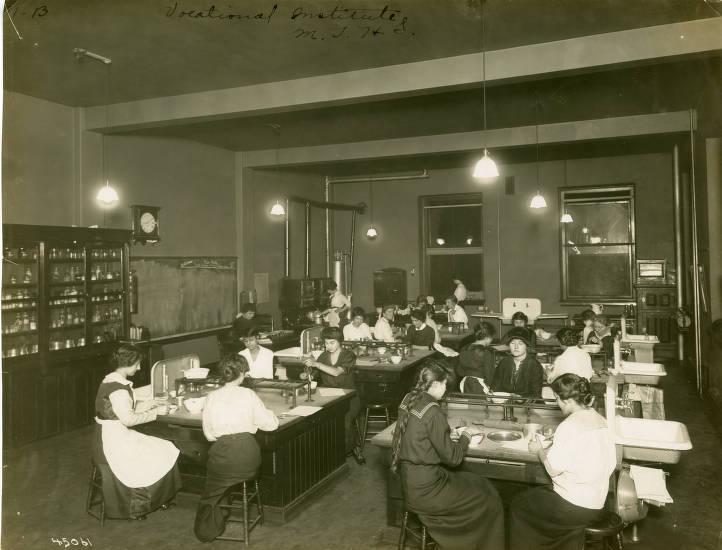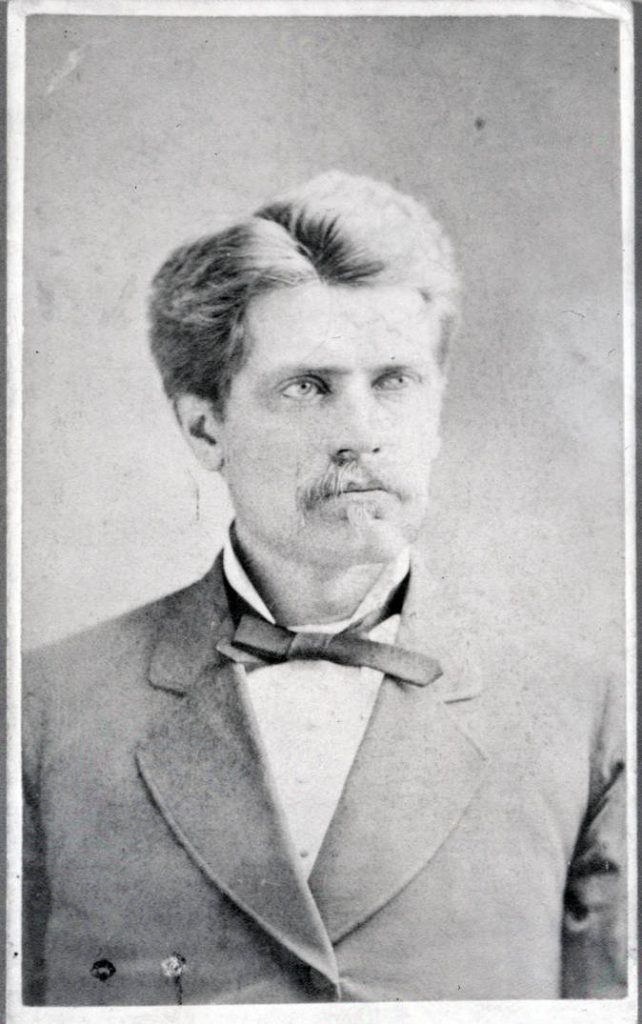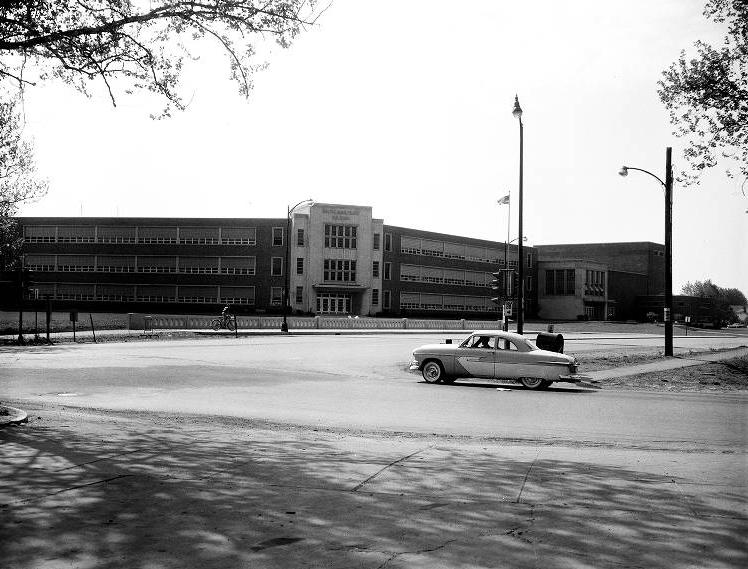One of the nation’s first high schools to emphasize vocational education, then called manual training, Manual High School resulted from the resentment of southside residents who believed that Indianapolis High School (later ) was unnecessarily distant from them. As a result of their protests, a second, temporary high school was created in the old Calvin Fletcher Primary School at 520 Virginia Avenue. Students could complete two or three years at that location, finishing at Indianapolis High.

Influenced by the widespread manual training movement of the 1880s, Indianapolis High School offered mechanical drawing and woodworking classes in 1888. These were very popular and, together with pressure from citizens on the South Side, brought about the passage of state legislation in 1891 authorizing a tax levy for the construction of a second high school. Although the levy did not cover expenses, and despite objections from some southsiders that their high school was to be “manual” rather than academic, school board member pushed for construction that was completed in 1895.
Among the first high schools in the United States inspired by the manual training ideal, Manual was meant to be exemplary. The building’s design resulted from a national competition won by an architectural firm in Philadelphia. Located on a triangle of land at Meridian and Merrill streets, and crowned by twin bell towers representing the academic and vocational wings, Manual exceeded the expectations of its early enthusiasts. It was designed to accommodate 500 students, and 278 boys and 248 girls showed up on the opening day. This was the first time in decades that boys outnumbered girls in a high school population, a demographic shift that would not occur again until the 1930s.

Although the school benefited from the wave of enthusiasm for manual training in education in the latter part of the 19th century, its early supporters were equally motivated by a desire to have a neighborhood high school that was on the city’s southside. , known as “Big Chief,” was the first principal, and he soon quelled the fears of southsiders that their high school would be strictly vocational. Three-fourths of the required curriculum was traditionally academic, with Emmerich himself teaching two courses on Virgil. Uneasiness over the vocational question created pressure to change the school’s name from the Industrial Training School to Manual Training School several years after its opening. In 1910, upon Emmerich’s retirement, the name was changed again to Emmerich Manual Training High School. The word “Training” was eventually dropped and today the facility is generally referred to simply as Manual High School.
, the first student periodical, echoed Emmerich’s emphasis on both academic and practical education. Significantly, this publication was dedicated to the belles lettres. Manual’s popularity in the early part of the 20th century, along with a generally increasing demand for high school education, contributed to the establishment of in 1916.

Manual High School relocated to 2405 Madison Avenue in 1953. The newly formed Harry E. Wood Vocational Training School used its former buildings and carried on the vocational curriculum as well as the purposes of the newly developed “life adjustment” movement.
Manual moved into the mainstream of urban, comprehensive high schools, but it maintained its original ethos. Even in its new location and well into the 21st century, Manual continued to innovate. For instance, in an agreement with Indianapolis Public Schools that was to last from 2020-2023, Manual’s programming was run by Schools, a holistic education group with private academies located elsewhere in Indianapolis.

Help improve this entry
Contribute information, offer corrections, suggest images.
You can also recommend new entries related to this topic.